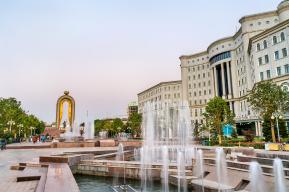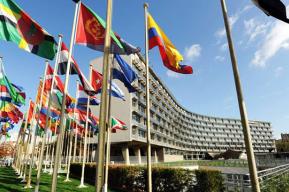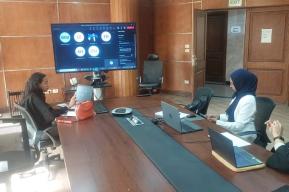News
River Culture: a global study examines the relationship between humans and nature

It is obvious that humanity and all other life forms on planet Earth are in a severe crisis, victims of the inequitable and unsustainable distribution of natural resources, especially continental water.
In nature, exponential processes rarely occur over long periods of time because they are usually rapidly buffered by feedback mechanisms.
In the Anthropocene, however, processes such as population growth, dam construction or per capita demand for water are expanding exponentially, even as the number of free-flowing rivers, biological species and forms of culture tied to water are trending exponentially downward.
The river culture concept sets out to restore harmony between humans and nature in those places where humanity first developed and expanded: river valleys (riverscapes).
This book examines the factors which nurture and threaten this biocultural diversity, as well as what we can do to restore this diversity and the socio-cultural circumstances that are most likely to guarantee success.
read the full book, below, or consult by chapter









